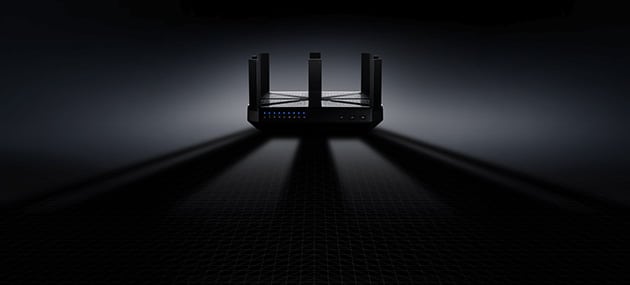YOU will undoubtedly be stressed out, adrenalin will be flowing, but after the interviewer thanks you for your time, it is absolutely not a cue to hurriedly shake hands and run out of the door. It is an opportunity, if you have made a positive impression, to seal the deal; or if you have fluffed some of your responses, to claw back lost ground; by asking questions that subtly show your intelligence, passion and competence for the position advertised. Although you will most likely not have the opportunity to ask them all, this list of 10 questions to ask after a job interview is a handy selection of winning lines of enquiry.
10 Questions to ask after a Job interview
So, you’ve survived the inquisition, and now you’ve been invited to take charge of the process, and ask questions about the role. Here are the top 10 questions to ask at the end of your job interview.
1. How Can I Impress You?
If you ask how you could impress a new boss in your first 100 days, the answer should give you all the information you require, if successful, to focus on the areas that will benefit the company.
It’s also a signal that you think ahead, and want to concentrate your energies on what will benefit the company most.
2. What Challenges Might a New Employee Face?
Asking about the challenges a new employee could expect in the first 100 days, will give you upfront the non-negotiables of the company’s culture as well as any inherent logistical issues any newcomer would have to surmount in the early days.
The question—especially at interview—indicates that you’re aware that the organisation is bigger than you; that it has its way of doing things, and that a specific role may have unique challenges, and you are already preparing to work through these issues.
3. What Is the Working Environment Like?
The answer to this will give you understanding of how you can fit into the company’s working environment and culture.
The question suggests that you want to be sure that the realities of working life tally with your expectations, and not waste time fitting into a role that may not be for you.
4. What Do You Expect From This Role Over the Next Year?
The answer to this question will provide you with information on your new boss’s prioritized medium-term achievements.
The question is a sign that you are focused on the future, and you want to quickly determine how you can excel in the company’s interests, and deliver on its terms.
5. How Would You Describe This Company’s Leadership Style?
The answer to this, another of the most important questions to ask after a job interview, helps you to determine how you will adapt to broad management policy or individual leadership styles.
But the question is more important—it shows that you are generally interested in the human face of the company, and if you interviewer is your prospective boss, it can engage them on a human level.
6. How Did You Start, and Why Have You Stayed Here?
Use this one only if you have researched the interviewer’s history. If so, politely ask: “I understand that you’ve been working at this company for 10 years. How did you start, and why have you stayed?” It is one of the best questions to ask after a job interview because it shows you are interested in other people and their expertise and experience, as well as engaging colleagues on a human level.
7. How Might Someone of My Background Excel at Your Company?
Succinctly summarise your previous background, i.e, “I’ve previously worked in [small to medium sector / corporate sector / services, etc]. How might someone of my background excel at your company?. Such a question shows that you want to put your skillset to best use for the company, while the information provided should give you insight into whether you will be happy working for the business.
8. What is the Company’s Career Advancement Policy?
The answer should fill you in on prospects and any time-frames for career advancement that may exist.
The question shows that you subtly want to gauge the prospects for promotion, without asking outright, and that you are committed to learning and growing as part of the business.
9. What Do Your Best Employees Have In Common?
While providing you with information on how you will be expected to perform, the question indicates that you aspire to deliver to a high standard.
10. What’s the Timeline for Your Decision?
If the interviewer doesn’t outline the next steps of the application process, it makes sense to ask, so you can find out about potential further interviews, for instance.
Asking this question, one of the most important questions to ask after a job interview, shows you want to know when and how your candidacy might be taken to the next stage, and underlines your interest in the role.



